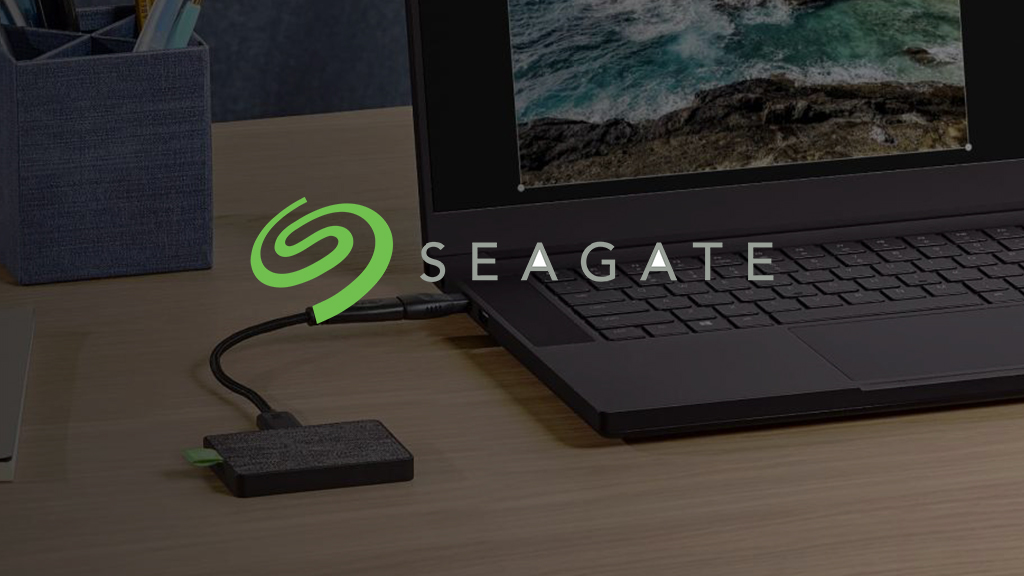News
Seagate allegedly broke U.S. rules to supply to Huawei: Report

Huawei is the target of U.S. commerce and the department is taking a making close scrutiny on this tech maker, in the latest edition, the U.S. has blamed a hard drive maker – Seagate to break export rules to supply to Huawei.
According to Reuters, the U.S. government warned Seagate Technology holdings on Wednesday about violating export control rules by selling hard disk drives to a customer, allegedly identified as Huawei.
Seagate revealed it receive a ‘proposed charging letter’ on August 29 in regard to the U.S. Securities and Exchange Commission.
The commerce blames Seagate has transferred technology that was subjected to export rules. However, the hard disk maker denied these allegations, saying that the products weren’t subject to U.S. export regulations.
Interestingly, turmoil has been created over the sales that have been made over a year ago. However, the U.S. commerce department has planned to further investigate on this matter. On the other hand, Seagate said it is in contact with Commerce Department to resolve the matter.
However, the company could face civil penalties up to $300,000 per violation or twice the value of the transaction sum, based on the finding of the commerce. After the news spread, Seagate’s dipped 11 percent following the company’s financial results.
Back in 2019, Huawei has been added to U.S. Entity List, which prohibits it from accessing U.S.-made technologies such as chipsets, hardware products, or software services. This led many American companies to break ties with the Chinese tech maker.
Why? Because the U.S. claims that Huawei could compromise their national security but there’s no proof of that shared in public.
The revised 2020 rules restrict companies from shipping items made outside of the U.S. to Huawei if they are a direct product of certain U.S. technology or software or produced by essential equipment that is a direct product of the U.S origin software or technology.
These kinds of technology transfers require a special license from the government. Still, Seagate argues that the past transferred technologies weren’t made with U.S.-made or supported technologies.







